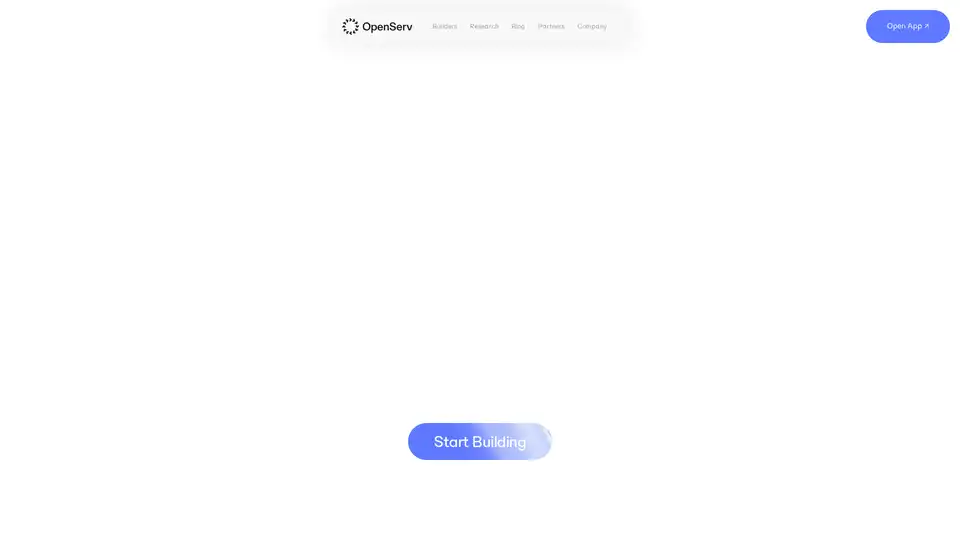
OpenServ
Overview of OpenServ
What is OpenServ?
OpenServ is an innovative applied AI Research Lab dedicated to constructing the foundational infrastructure for Autonomous Agents. In a rapidly evolving landscape where artificial intelligence intersects with decentralized technologies like crypto, OpenServ stands out by providing a robust platform for developers to build, deploy, and scale agentic applications—commonly referred to as aApps. These autonomous agents are designed to operate independently, collaborating seamlessly in multi-agent systems to handle complex tasks with minimal human intervention.
At its core, OpenServ addresses the challenges of creating scalable, interoperable AI solutions. Whether you're a solo founder aiming to launch the next big unicorn or a team exploring AI-driven opportunities in Web3, OpenServ offers the tools and ecosystem support to turn ideas into revenue-generating products in record time. By focusing on cognition frameworks, collaboration protocols, and integration layers, it empowers users to develop intelligent agents that can think, act, and interact autonomously.
How Does OpenServ Work?
OpenServ's architecture is built around a modular, open economy for aApps, ensuring that builders, users, and investors all benefit from the platform's growth. The process begins with the Appcelerator program, often dubbed the 'y Combinator of Crypto x AI.' This intensive one-month sprint takes participants from ideation to revenue in under 30 days. Here's a breakdown of its key components:
Cognition Framework: This layer enables agents to process information, make decisions, and learn from interactions. It draws on advanced machine learning principles to mimic human-like reasoning, allowing agents to adapt to dynamic environments such as blockchain networks or social platforms.
Collaboration Protocol: OpenServ facilitates multi-agent systems where individual agents can communicate and coordinate effortlessly. This is crucial for applications like community management or marketing automation, where agents must work together to achieve collective goals without centralized control.
Integration Layer: Seamless connectivity with external tools and blockchains is provided, supporting embedded on-chain apps, social platforms, and more. For instance, developers can integrate agents into platforms like X (formerly Twitter) for real-time interactions.
Users start by accessing the platform via the 'Open App' feature, where they can prototype and test aApps. The ecosystem includes pre-built examples like Dash.fun for modular DEFAI dashboards, Wispr for agentic SocialFI platforms, and MythOS for AI marketing agencies. These demonstrate practical implementations, showcasing how agents handle tasks from data analysis to content generation.
Tokenomics play a pivotal role in the ecosystem's sustainability. The $SERV token accrues value through network participation, rewarding builders for contributions and enabling governance. As detailed in the whitepaper, this model creates an incentive structure that aligns interests across the board, fostering a self-sustaining economy.
Key Features of OpenServ
OpenServ isn't just a toolkit—it's a comprehensive ecosystem designed for efficiency and innovation. Some standout features include:
Rapid Development Tools: Build agentic apps in hours, not weeks. The platform's low-code elements make it accessible for non-experts while offering deep customization for advanced users.
Revenue Matching and Mentorship: Through the Appcelerator, participants receive 1:1 revenue matching, expert guidance, and access to an advisory network. This support accelerates go-to-market strategies, helping aApps generate sales quickly.
Ecosystem Exploration: Join a community with zero sales reps ready to promote your creations. Explore partnerships and integrations that amplify reach, from on-chain apps to AI-powered social tools.
Documentation and Resources: In-depth whitepapers, roadmaps, and litepapers provide transparency. The roadmap outlines milestones for scaling the open economy, including enhanced interoperability and new agent capabilities.
Security and Scalability: Built with privacy policies and terms of service in mind, OpenServ ensures compliant, secure deployments. Its modular design supports horizontal scaling for high-demand applications.
These features are grounded in real-world applications, such as Poink's embedded on-chain apps or Modl's full-stack community management, proving the platform's versatility.
How to Use OpenServ?
Getting started with OpenServ is straightforward, even for beginners in AI or crypto:
Sign Up and Explore: Visit the platform and 'Try It Now' to access the builder interface. Familiarize yourself with the ecosystem via the blog, research sections, and partner showcases.
Apply to Appcelerator: For accelerated growth, submit your idea for the next cohort. The program provides structured mentorship, from ideation workshops to distribution strategies.
Build Your aApp: Use the intuitive dashboard to define agent behaviors, integrate protocols, and test collaborations. Leverage pre-built modules for dashboards, social platforms, or marketing tools.
Launch and Monetize: Deploy your app within the ecosystem, tapping into the community for sales support. Track progress with analytics tied to $SERV token incentives.
Iterate Based on Feedback: Utilize the roadmap and whitepaper for updates, ensuring your agents evolve with platform advancements.
For developers, API access and developer docs enable custom integrations, while non-technical users can benefit from no-code templates.
Why Choose OpenServ?
In a crowded AI landscape, OpenServ differentiates itself through its focus on autonomy and economic incentives. Traditional AI tools often require extensive coding and infrastructure management, but OpenServ streamlines this with agentic frameworks that reduce development time by up to 90%. Its crypto integration opens doors to decentralized finance (DeFi), social finance (SocialFI), and beyond, attracting builders interested in blockchain-AI synergies.
User testimonials highlight the platform's impact: Solo founders have launched revenue-positive apps in weeks, while teams praise the mentorship for navigating complex multi-agent deployments. Compared to competitors, OpenServ's open economy model ensures long-term value accrual, making it ideal for sustainable innovation.
Moreover, the emphasis on interoperability addresses a key pain point in AI—siloed systems. By enabling agents to collaborate across protocols, it paves the way for truly decentralized intelligence.
Who is OpenServ For?
OpenServ caters to a diverse audience:
Solo Founders and Indie Developers: Perfect for those aiming to build the 'first single founder unicorn' with minimal resources.
AI Researchers and Builders: Ideal for experimenting with autonomous agents in research or production environments.
Crypto Enthusiasts and Web3 Teams: Suited for integrating AI into blockchain apps, from DeFi dashboards to social platforms.
Marketing and Community Managers: Tools like MythOS and Modl help automate tasks, scaling operations without large teams.
Investors and Ecosystem Participants: Gain exposure to emerging aApps through tokenomics and partnerships.
Whether you're in startups, enterprises, or academia, OpenServ's flexible model supports various scales.
Practical Value and Use Cases
The real-world value of OpenServ lies in its ability to democratize AI development. For instance:
Marketing Automation: Create AI agencies like MythOS to generate campaigns, analyze trends, and engage audiences autonomously.
Community Management: Use agents like Modl to moderate discussions, schedule events, and foster engagement on platforms.
DeFi and On-Chain Apps: Embed intelligent agents via Poink for seamless crypto interactions, such as automated trading or yield optimization.
SocialFI Platforms: Wispr exemplifies how agents can power decentralized social networks with AI-driven personalization.
In educational settings, it serves as a tool for teaching multi-agent systems, while in business, it cuts costs by replacing manual sales reps with automated ecosystems.
Challenges like agent coordination are mitigated through the collaboration protocol, ensuring reliability. As the roadmap progresses, expect enhancements in areas like advanced cognition and cross-chain support, further amplifying its utility.
Conclusion: Start Building with OpenServ Today
OpenServ represents the future of AI infrastructure, where autonomous agents drive efficiency and innovation. By providing everything from rapid prototyping to revenue strategies, it empowers users to navigate the Crypto x AI frontier confidently. If you're ready to build the next agentic breakthrough, dive into the whitepaper, explore the ecosystem, and apply to the Appcelerator. The open economy awaits—turn your AI vision into reality.
Best Alternative Tools to "OpenServ"
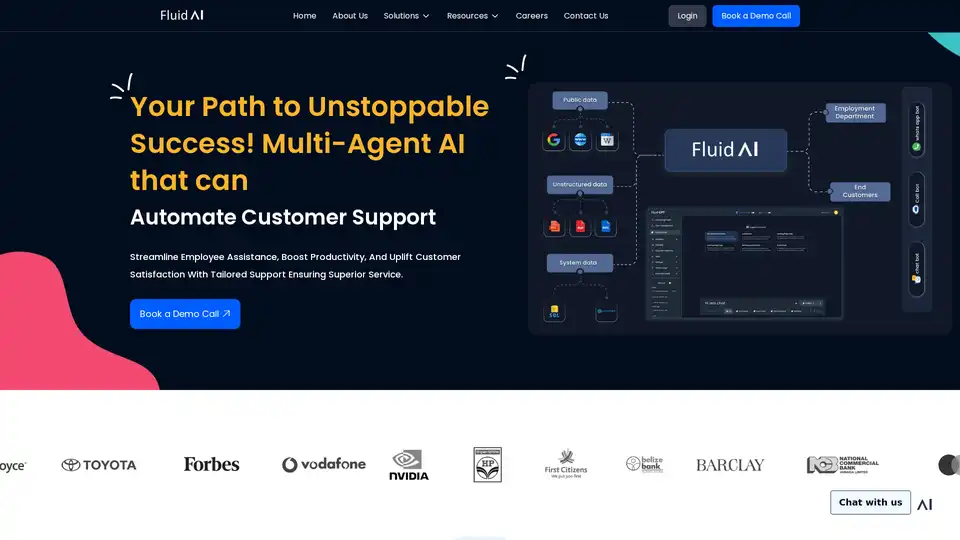
Fluid AI is an enterprise generative AI platform that automates workflows, enhances customer experiences, and boosts employee productivity using multi-agent AI and real-time knowledge retrieval.
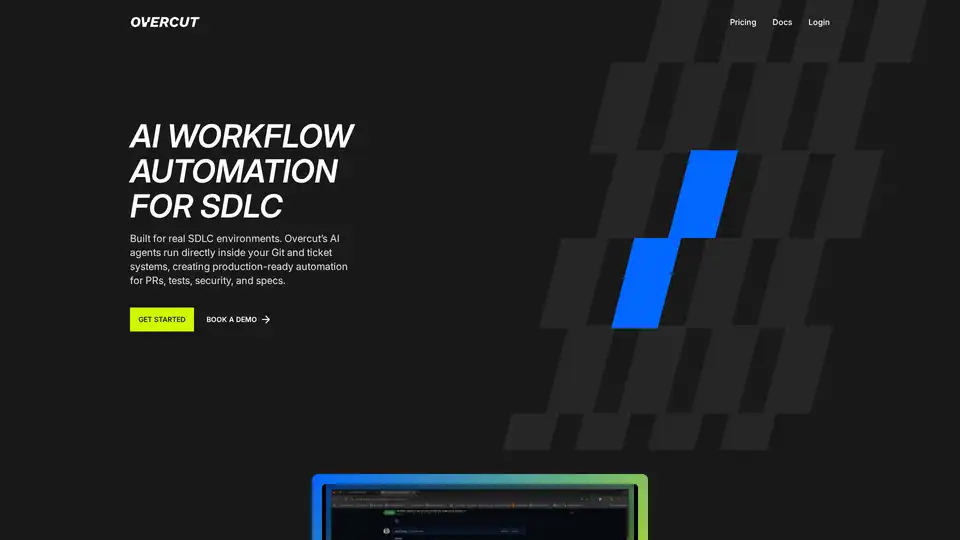
Overcut automates SDLC workflows using AI agents within Git and ticket systems, integrating with platforms like GitHub, Jira, and Azure DevOps. It offers pre-built agents for PR reviews, ticket triage, and spec generation, enhancing developer productivity and code quality.
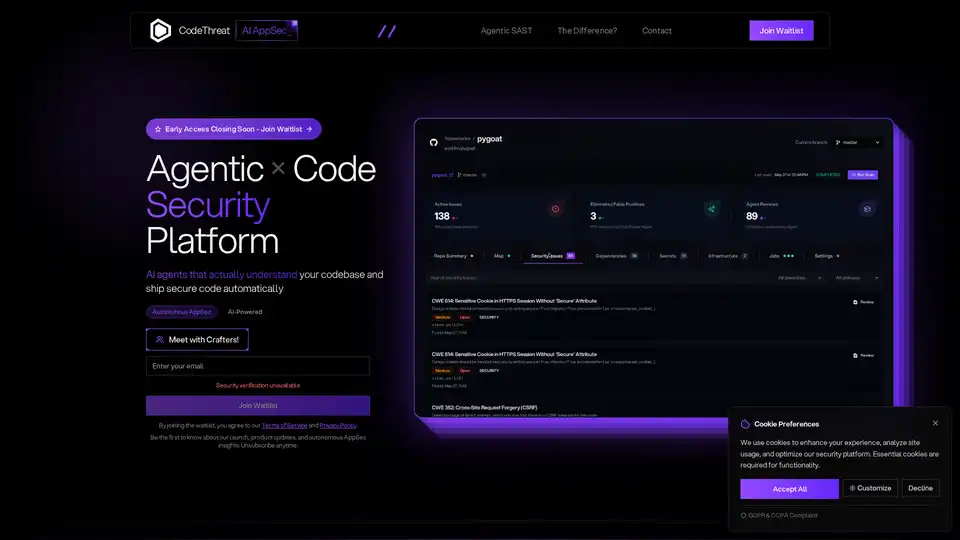
CodeThreat AI AppSec is an autonomous AppSec platform utilizing AI agents to understand codebases, automatically ship secure code, and reduce noise by 93% while accelerating remediation 10x faster.
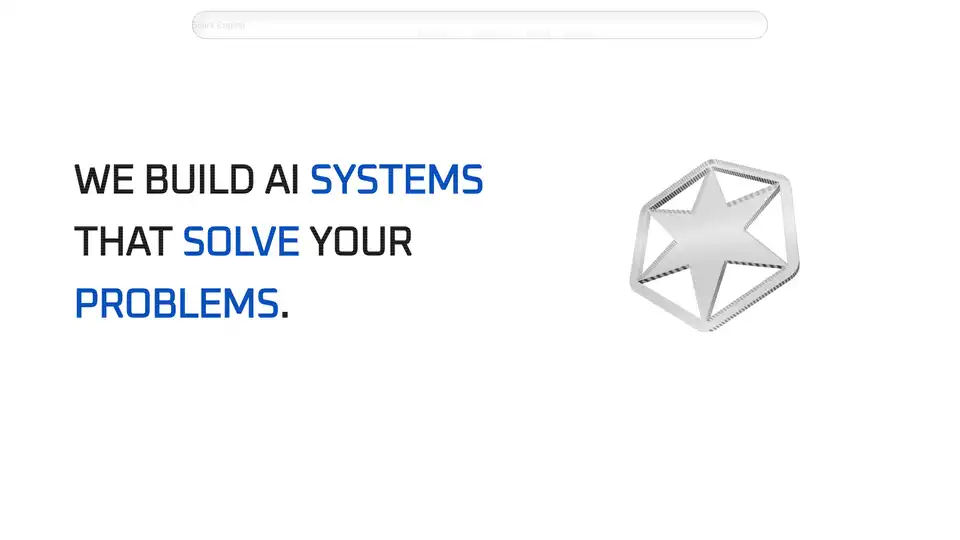
Engine 1 by Spark Engine is an AI sandbox and toolkit designed for building advanced agentic systems. It offers custom AI solutions across various industries, focusing on automation, banking, and healthcare.
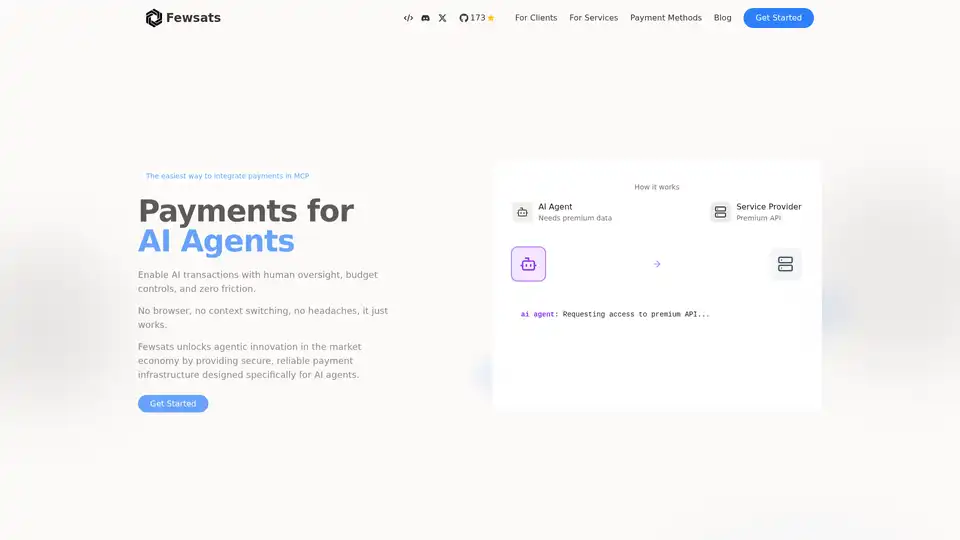
Enable AI agents to securely pay for services with Fewsats. Built-in oversight, budget controls, and zero friction for AI transactions in the agentic economy.
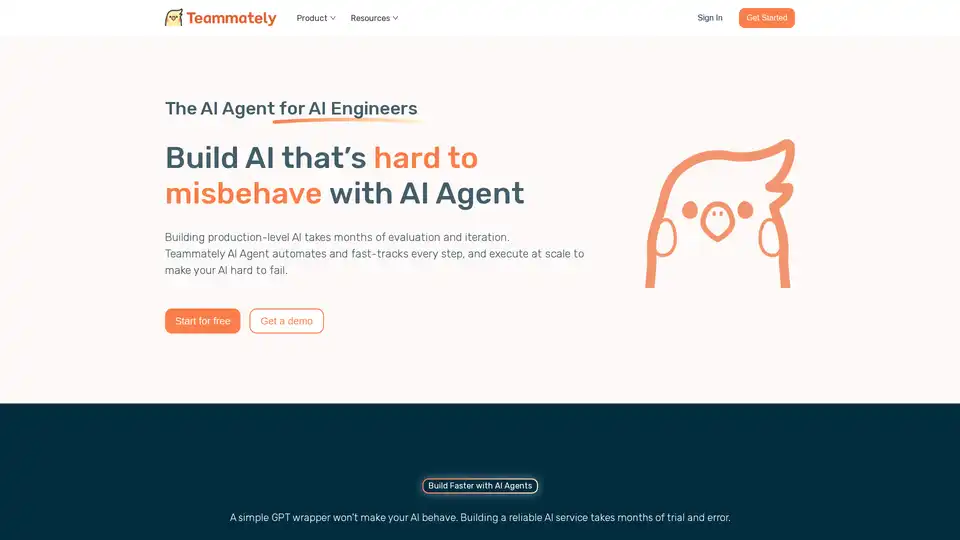
Teammately is the AI Agent for AI Engineers, automating and fast-tracking every step of building reliable AI at scale. Build production-grade AI faster with prompt generation, RAG, and observability.
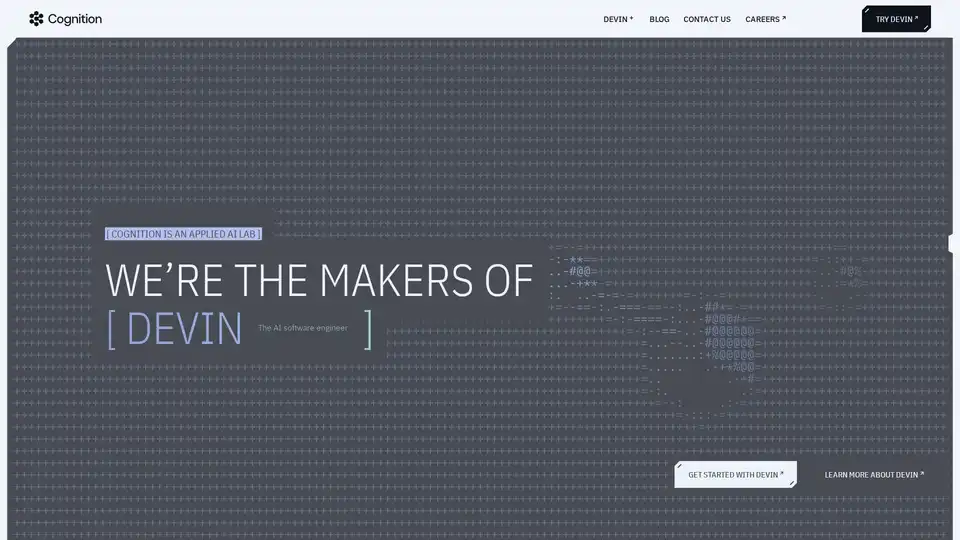
Devin is an AI software engineer from Cognition, a collaborative teammate that boosts engineering teams by handling coding, data analysis, and more for greater productivity.
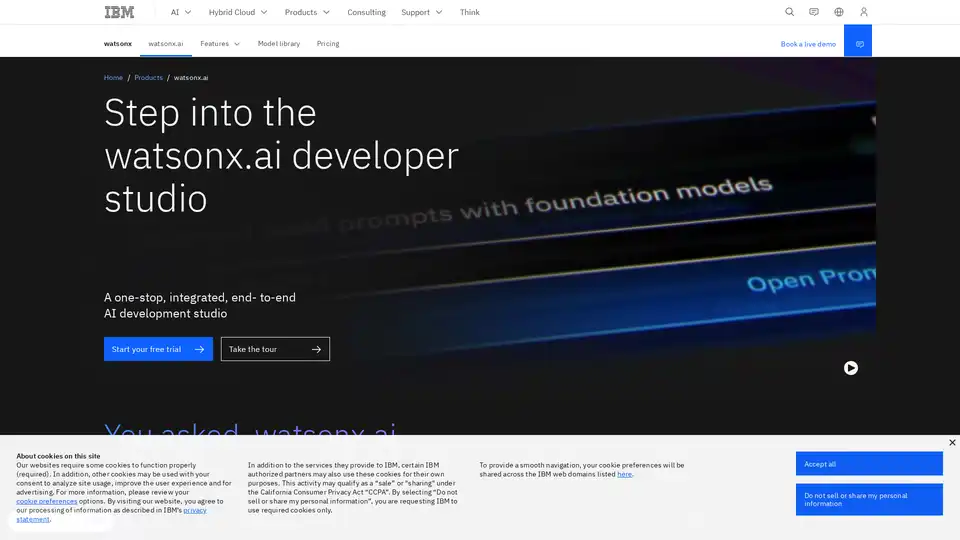
A next generation enterprise studio for AI builders to train, validate, tune and deploy AI models. Discover IBM watsonx.ai's integrated tools for scalable generative AI development.
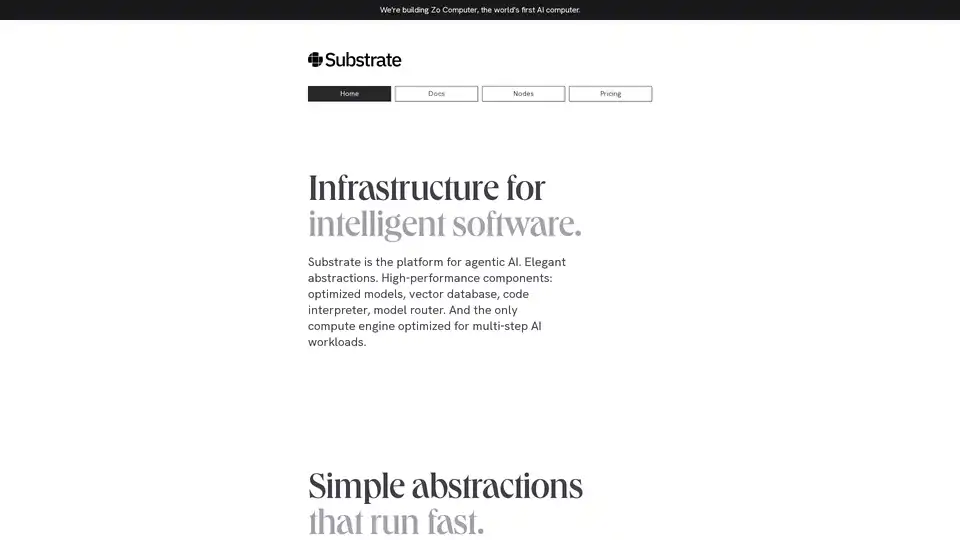
Substrate is the ultimate platform for compound AI, offering powerful SDKs with optimized models, vector storage, code interpreter, and agentic control. Build efficient multi-step AI workflows faster than ever—ditch LangChain for streamlined development.
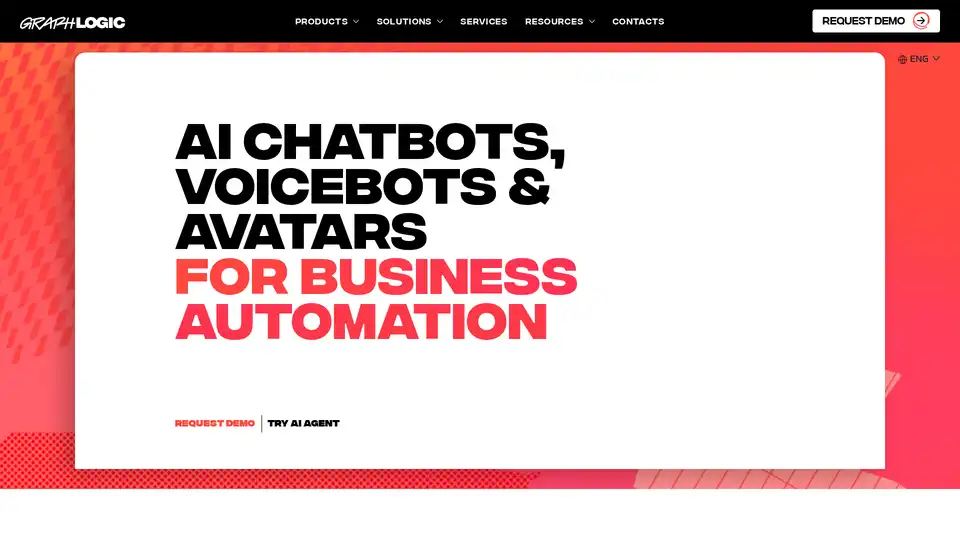
AI chatbots & voicebots for websites, e-commerce, healthcare & finance. 24/7 customer service automation with RAG & LLM. Book your free demo today!
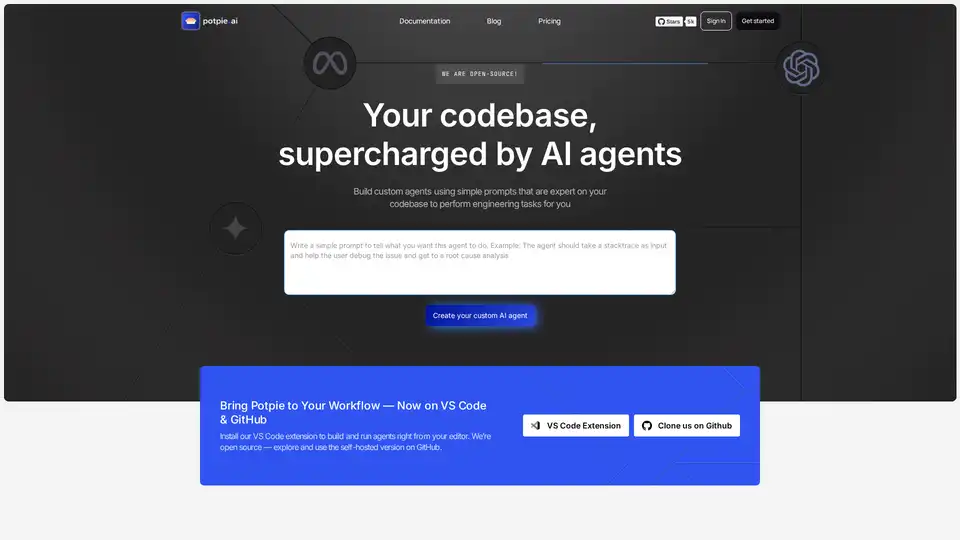
Build task-oriented custom agents for your codebase that perform engineering tasks with high precision powered by intelligence and context from your data. Build agents for use cases like system design, debugging, integration testing, onboarding etc.
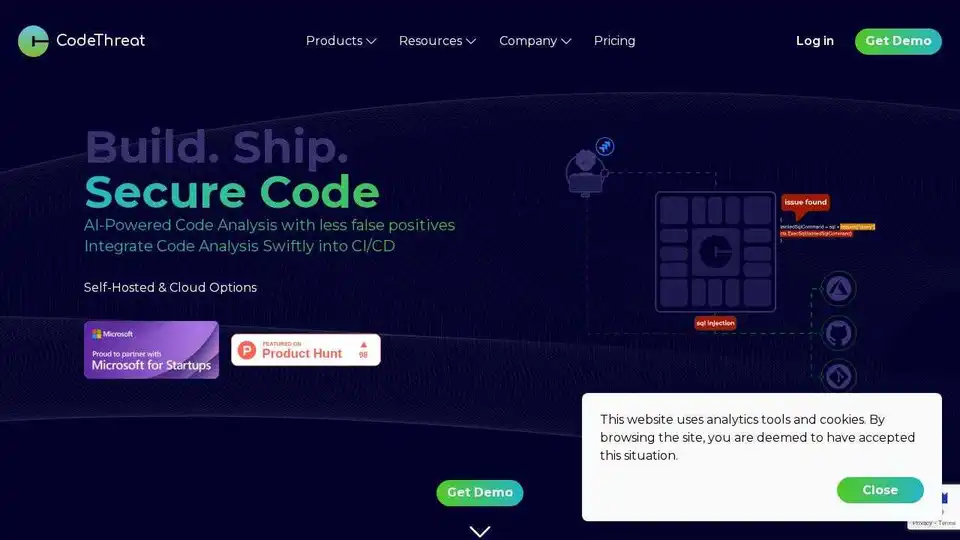
CodeThreat AI AppSec is an autonomous AppSec engineering platform powered by AI agents, offering SAST, SCA, and intelligent vulnerability detection with zero false positives.
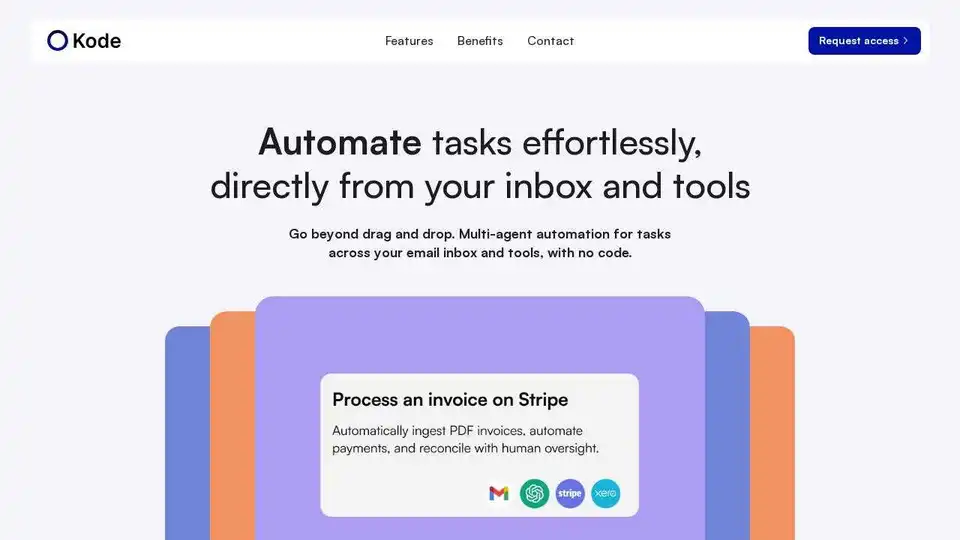
Kode AI is an agentic automation platform that lets you deploy intelligent agents to run complex workflows. Automate tasks with memory, context, and a clear sense of goals. Try Kode AI today!
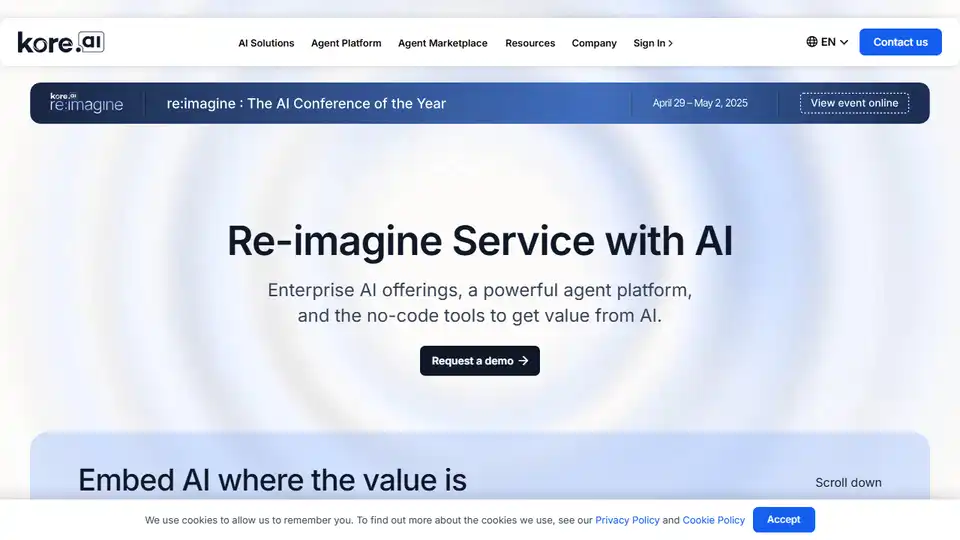
Kore.ai helps you transform work, service, and processes with intelligent automation, orchestration, and AI insights. Deploy AI agents at enterprise scale.
